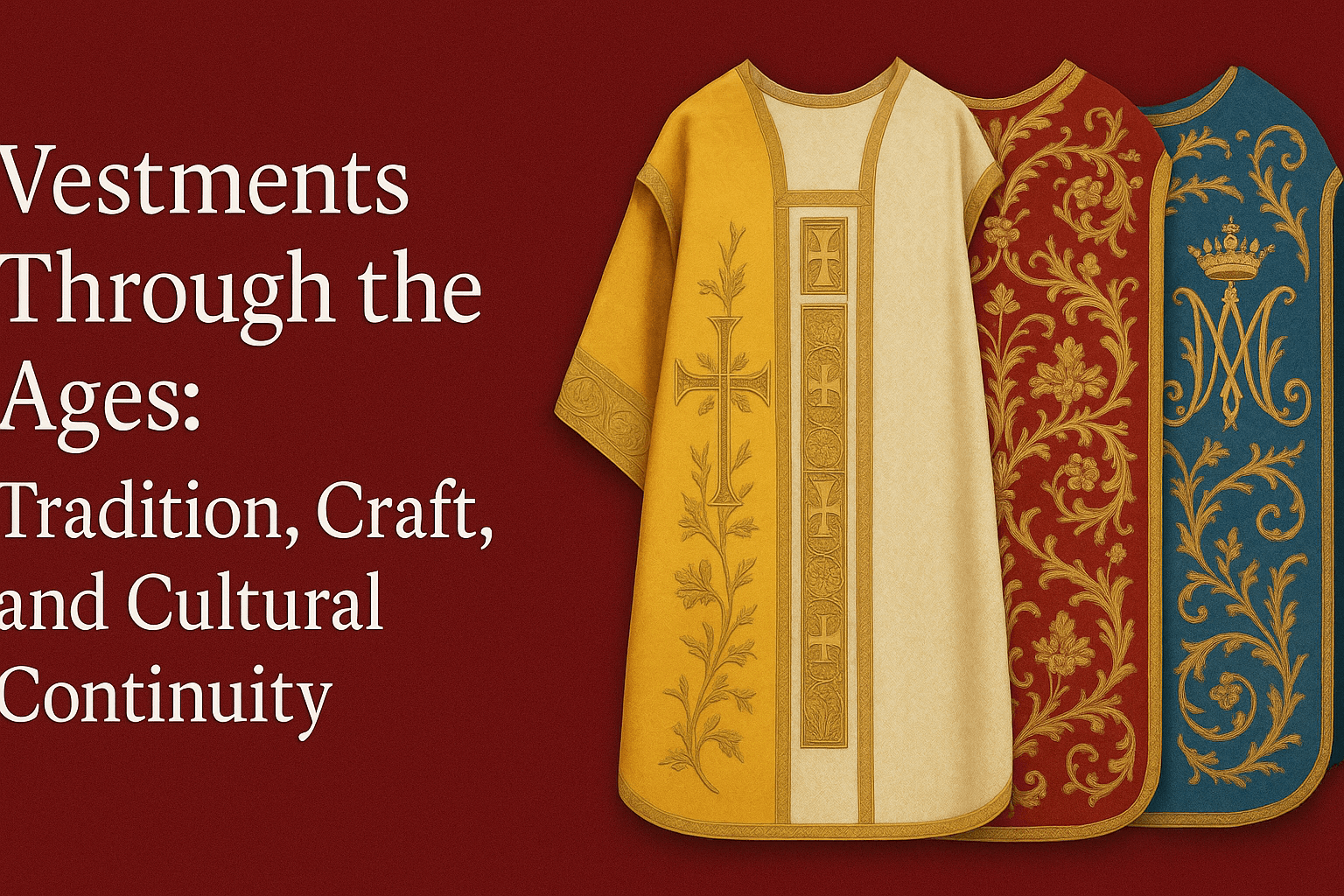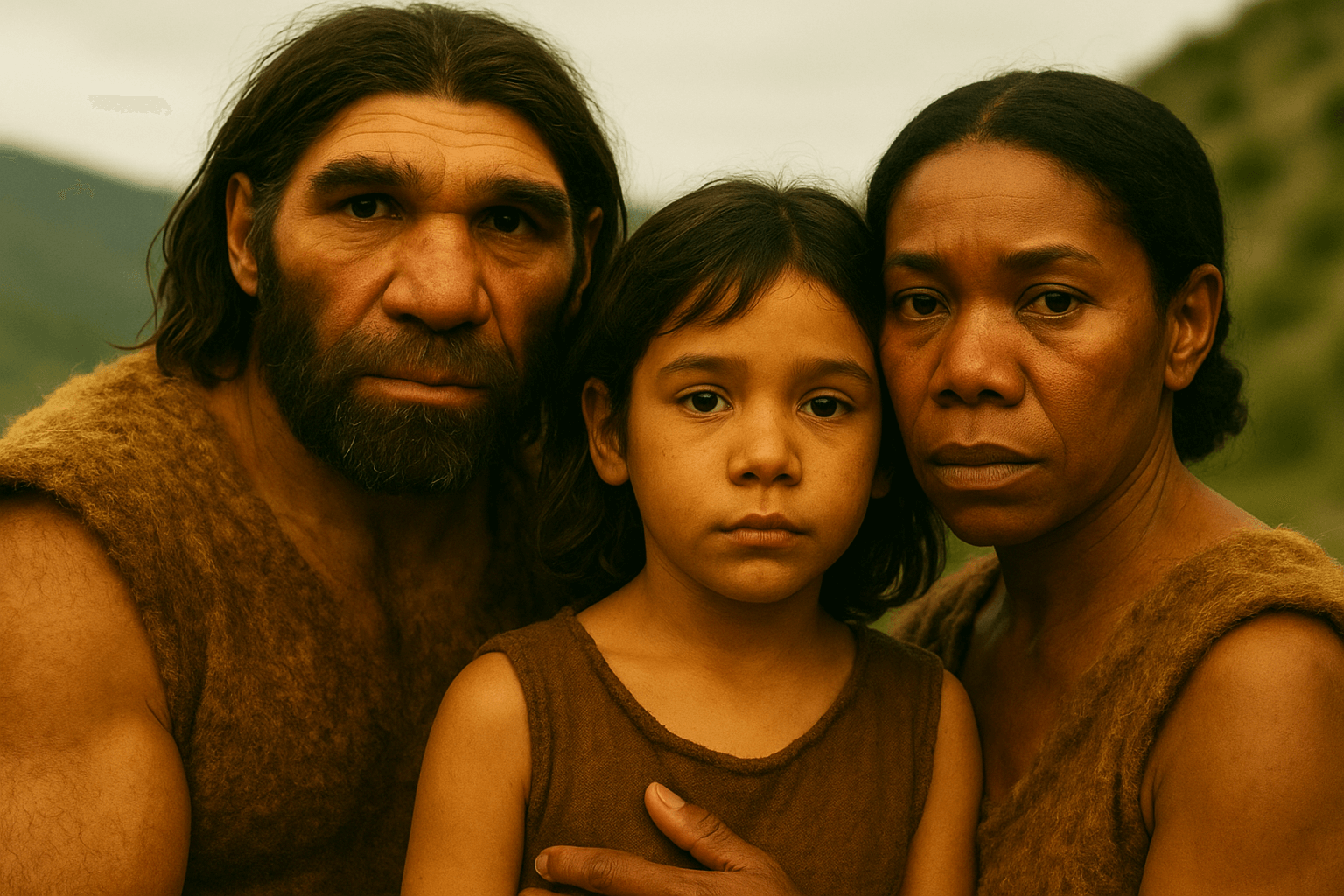1. Philosophy – φιλοσοφία (philosophía)
Literally, “love of wisdom” (φίλος = love, σοφία = wisdom). This word encapsulates the core of intellectual pursuit.
2. Democracy – δημοκρατία (dēmokratía)
From δῆμος (people) and κράτος (power), democracy is the quintessential Greek invention that has shaped political systems worldwide.
3. Politics – πολιτικά (politiká)
Derived from πόλις (polis = city), politics originally referred to affairs of the city-state, the heart of ancient Greek civic life.
4. Economy – οἰκονομία (oikonomía)
A term composed of οἶκος (house) and νέμω (to manage), economy once referred to household management, later expanding to larger economic systems.
5. History – ἱστορία (historía)
Meaning “inquiry” or “knowledge through investigation,” history was first systematized by Herodotus, often called the “father of history.”
6. Chaos – χάος (cháos)
A primordial void or abyss from which all things emerged—this word hints at the ancient Greeks’ cosmogonic narratives.
7. Cosmos – κόσμος (kósmos)
Originally signifying “order” or “adornment,” κόσμος came to mean the ordered universe—a concept central to Greek philosophical thought.
8. Atmosphere – ἀτμός (atmós) + σφαῖρα (sphaîra)
A poetic image: vapor (ἀτμός) encasing the world in a spherical shell (σφαῖρα).
9. Planet – πλανήτης (planētēs)
From πλανάομαι (to wander), planets were “wandering stars,” their movements distinct from the fixed stars.
10. Telescope – τῆλε (tēle) + σκοπέω (skopeō)
A modern coinage from Greek roots meaning “to see far,” embodying the fusion of ancient language and modern science.
11. Telephone – τῆλε (tēle) + φωνή (phōnē)
Literally “distant voice,” the telephone is another product of applying Greek etymology to new technology.
12. Cinema – κίνημα (kínēma)
Derived from κινέω (to move), cinema captures the Greek fascination with movement, drama, and storytelling.
13. Acrobat – ἄκρος (akros) + βαίνω (bainō)
Meaning “one who walks high,” acrobatics are as daring in origin as they are in execution.
14. Syntax – σύνταξις (syntaxis)
From σύν (together) and τάξις (order), syntax reflects the precise and logical structuring valued in Greek rhetoric.
15. Anatomy – ἀνατομία (anatomía)
Combining ἀνά (up) and τέμνω (to cut), this term evokes the meticulous dissections that furthered Greek medicine.
16. Dialogue – διάλογος (diálogos)
Through διά (through) and λόγος (word), the term implies the flow of ideas—a hallmark of Socratic teaching.
17. Idea – ἰδέα (idéa)
From ἰδεῖν (to see), the word carries Platonic weight: ideas are eternal forms, seen with the mind’s eye.
18. Drama – δρᾶμα (drâma)
Meaning “action” or “deed,” drama was both sacred ritual and artistic expression in the Greek world.
19. Music – μουσική (mousikē)
The art of the Muses, divine patrons of creativity and knowledge. All music, for the Greeks, was divine inspiration.
20. Tragedy – τραγῳδία (tragōidía)
Literally “goat song” (τράγος = goat, ᾠδή = song), this term hints at early Dionysian rituals—perhaps involving goat sacrifices or choral dances.
21. Hyperbole – ὑπερβολή (hyperbolē)
From ὑπέρ (beyond) and βάλλω (to throw), hyperbole literally means “to overshoot”—perfect for exaggeration.
22. Metaphor – μεταφορά (metaphorá)
μετά (beyond) + φέρω (to carry): metaphor is the carrying of meaning beyond the literal.
23. Epidemic – ἐπιδημία (epidēmía)
Composed of ἐπί (upon) and δῆμος (people), an epidemic is something that befalls the population—a concept well understood in ancient city-states.
24. Horoscope – ὡροσκόπος (hōroskopos)
Meaning “watcher of the hour,” it stems from Greek astrological practices and divination.
25. Autopsy – αὐτοψία (autopsía)
From αὐτός (self) and ὄψις (sight): “seeing for oneself.” The ancient Greeks valued empirical observation even in death.
26. Apocalypse – ἀποκάλυψις (apokálypsis)
Literally “uncovering” or “revelation,” this word took on profound eschatological meaning in early Christian texts.
27. Ethics – ἦθος (ēthos)
Referring to habit or character, ethics was central to Greek philosophy, especially in the works of Aristotle.
28. Theory – θεωρία (theōría)
From θεωρέω (to observe), theory is more than speculation—it is contemplation grounded in the act of witnessing.
29. Athlete – ἀθλητής (athlētēs)
Born from ἆθλος (contest), the athlete embodies the Greek ideal of competitive excellence.
30. Academy – Ἀκαδημία (Akadēmía)
Named after the grove of Akademos where Plato taught, the Academy became the prototype of educational institutions.


















































































